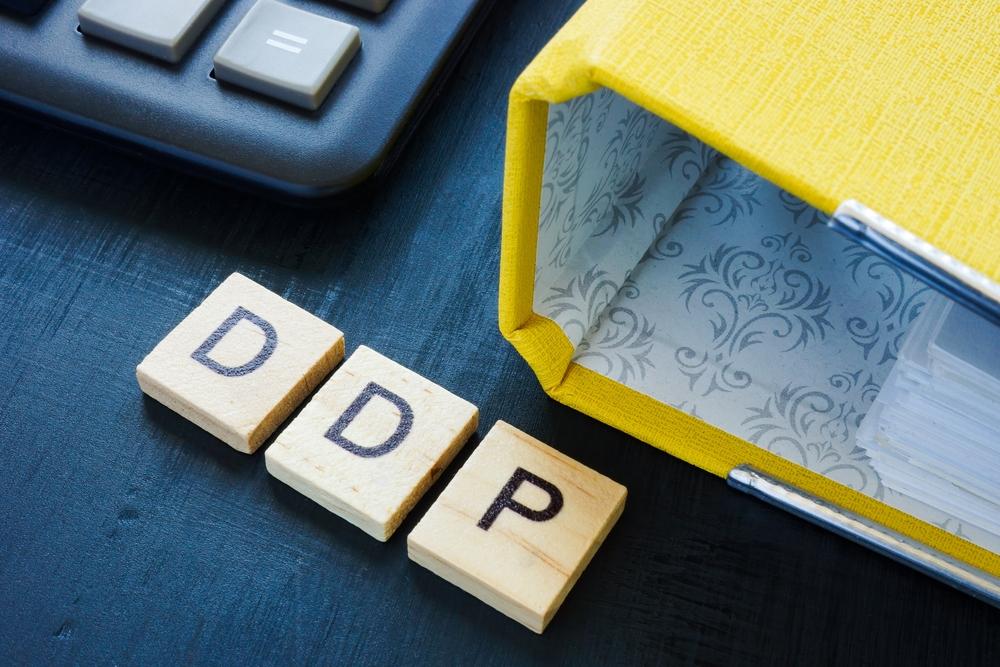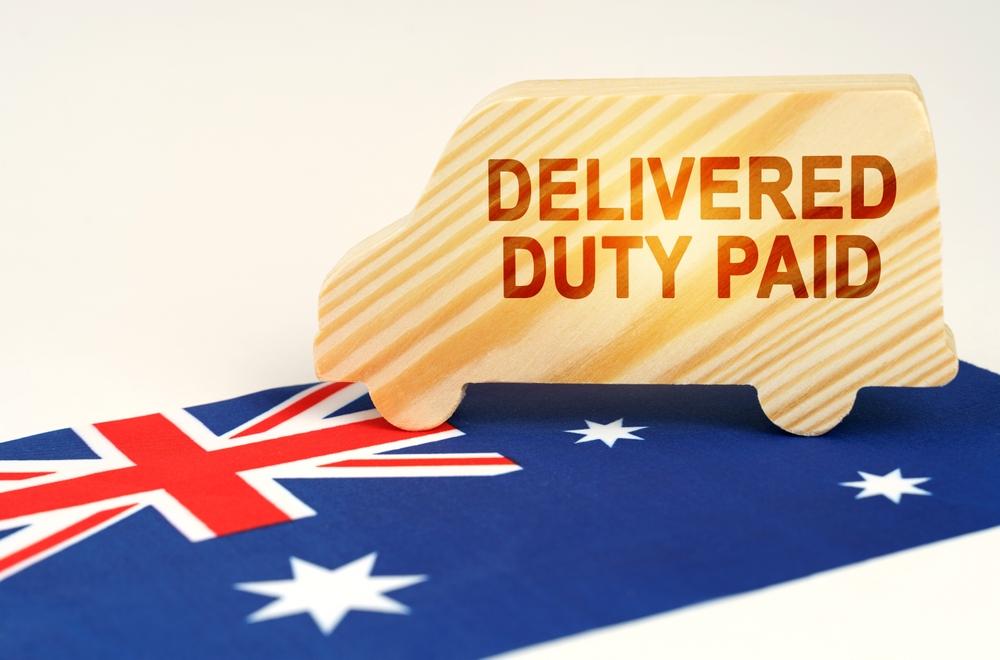
International trade has a range of terms that link to the shipping process and transportation cost. One common term is known as Delivery Duty Paid (DDP).
It applies to sellers who agree to take on the costs and responsibilities of shipping their items to buyers in various countries worldwide.
But what is an example of DDP, and why is it significant? That's what our experts at A1 Auto Transport want to help you uncover.
This guide will look at understanding what DDP is for sellers who wish to explore the benefits of using DDP in terms of their sales and how to make the most of it.

Delivery Duty Paid (DDP) in International Trade
DDP is a delivery agreement that confirms the seller is in charge of shipping the items to the buyer in their destination country.
Depending on the size and weight of the item, the seller will need to choose the most suitable shipment method while giving the buyer full transparency on when they think their items will arrive.
Typically, buyers prefer DDP as it allows them to be free from handling import formalities, especially additional taxes or hold-ups, when their items reach customs.
Additionally, many sellers find Delivery Duty Paid a great way to get more customers to your business, as they have control over the best shipping methods. At A1 Auto Transport, our team works with many clients to ensure their DDP method runs smoothly.
For example, if you're based in the US selling vehicles and have a customer in Europe, we help facilitate the shipping and transport of your item with our door-to-door service. It all starts with a simple estimation.
What About Delivery Duty Unpaid (DDU)?
Alternatively, if you want to release the responsibility for the shipping costs to your customer, you can choose Delivery Duty Unpaid. However, some sellers may not like losing control over dealing with import clearance, additional taxes, and transport fees.
It can risk making the shipping process more stressful for the customer and may not be as seamless if the buyer already has a way of doing things regarding financial management and enhancing the shopping experience for the buyer.
Seller's Responsibilities
To ensure safe delivery from the country of import, the seller will take on these example responsibilities:
Transporting the items: International shipments can be a challenge depending on the distance and what items you're sending. However, our job is to help sellers choose the correct mode of transportation and handle packaging, shipping, and delivering the goods without any hassle.
The delivery cost: This could be expensive, especially for small businesses. But it should be agreed upon when you price your items.
For example, you sell high-end jewelry in the US and wish to ship it to a different destination country in Asia. It would be best to consider how you price the item and how your profit can help cover costs for import formalities.
Insurance: Additionally, as the buyer, you'll have a maximum obligation to protect the goods during transit. In your commercial invoice, you may need this information to ensure your shipment is fully covered in case of accidents, losses, and delays.
Proof of delivery: Ultimately, you are in charge of getting the goods from point A to B without any issues. So, when packaging the items, you can use shipping companies like A1 Auto Transport to keep them securely contained until they reach their destination.
Example of DDP Costs
As a seller, you may be familiar with these international trade costs we outlined below:
Customs
Customs duties ensure you're reliable for paying taxes and fees related to the trade and the buyer's destination. You are liable for the process, including customs clearance, and understand that some factors can influence the cost. Factors like the:
- Value of the item
- Quantity of the goods
- Weight of the item
- Country of destination
Transportation
International transportation isn't the cheapest option, but once you've got the logistics right, with the help of A1 Auto Transport, you'll have fewer risks with shipment and delivery.
Shipping costs come down to freight costs, mode of transport, whether you choose sea or air, insurance, documentation fees, and additional expenses like delivery drivers.

Import Taxes
Regarding customs, you're likely to pay import duties. The payment of taxes is in place to help generate revenue for the destination country, helping protect their domestic industries.
They can include VAT (value-added taxes) or other specific fees to make sure the items you bring into the country are accounted for and are compliant with the laws and regulations of that country.
As a seller, you can ensure no delays or penalties as you will know when to pay rather than leaving it to buyers.
Benefits the Buyer
Buyers won't have to worry about addressing customs formalities or even stress over additional costs. Your business will give them peace of mind that their items will reach their location within a specific timeframe using the most suitable shipment method.
There are fewer risks with transportation costs and clearance fees. For example, if you've sent a handmade furniture set, there won't be uncertainty if there is a surprise expense at customs the buyer will pay, as you have already sorted it.
This leads to happier customers, more streamlined processes, and convenience for the buyers who may want to order again, knowing the shipping terms are pretty straightforward.
Final Thoughts
DDP is great for international sellers to get their items to the buyers efficiently and hassle-free. Using shipping companies like A1 Auto Transport can confirm that their items will be shipped most suitably within a time frame.
If you want to ship your handmade furniture or fine jewelry from the US to a different country, our team can help you do this seamlessly.
We'll ensure a shipping agreement is created and the correct documents for customs clearance are present to give your buyer peace of mind.
So, why wait? Discover how our experts can ship your items by getting a free quote on our website today.






 Share on Facebook
Share on Facebook Share on LinkedIn
Share on LinkedIn Share on Twitter
Share on Twitter




 Google
Google  Instagram
Instagram  Trustpilot
Trustpilot 




